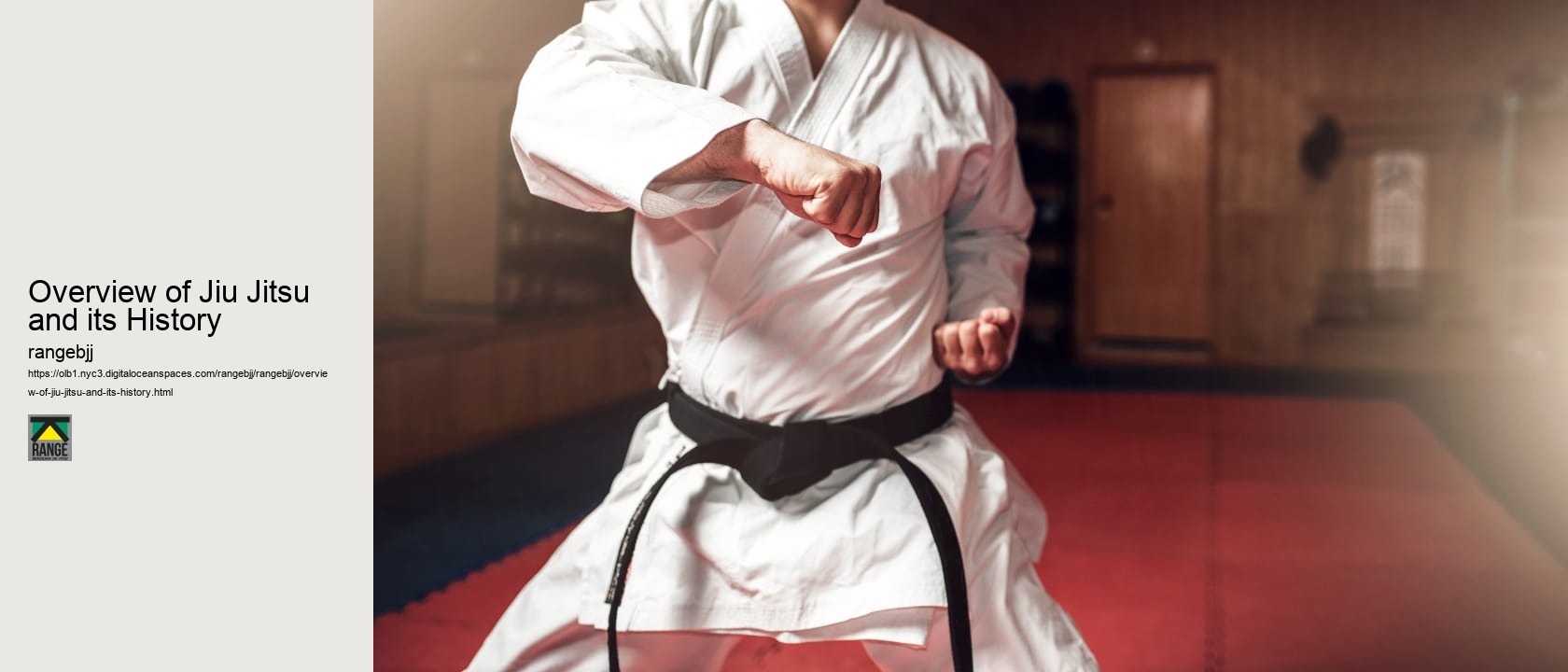
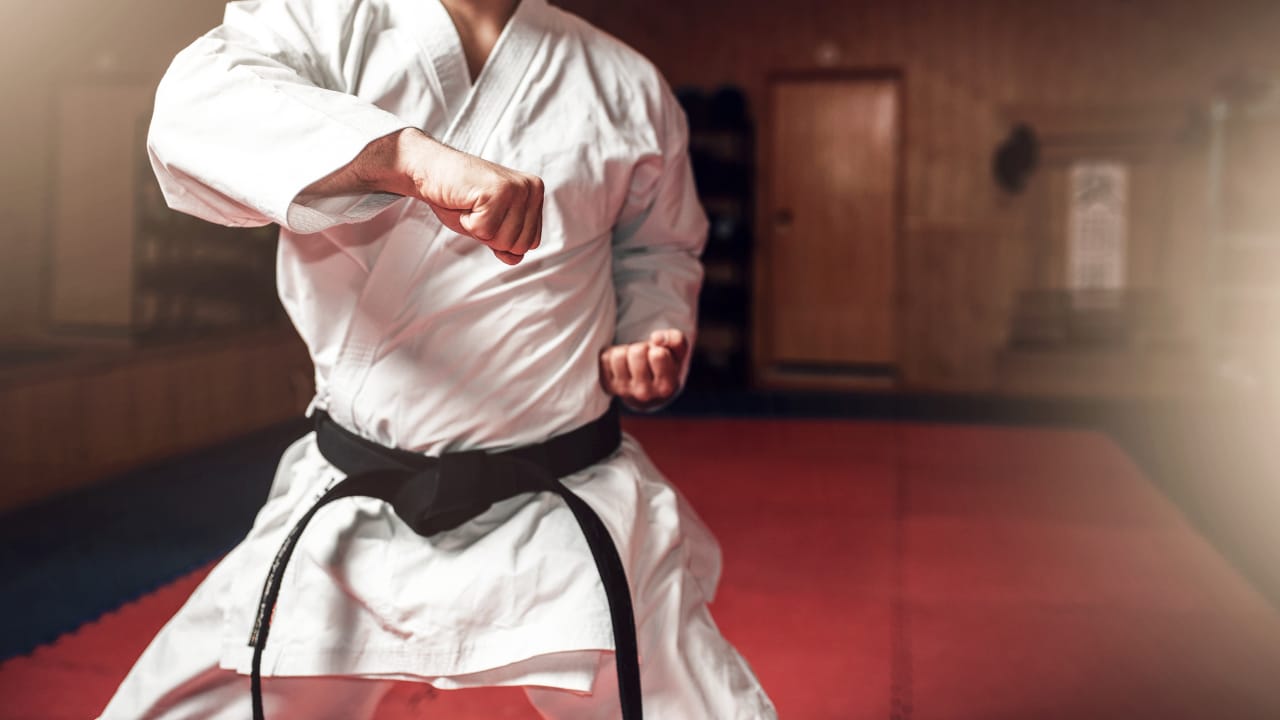
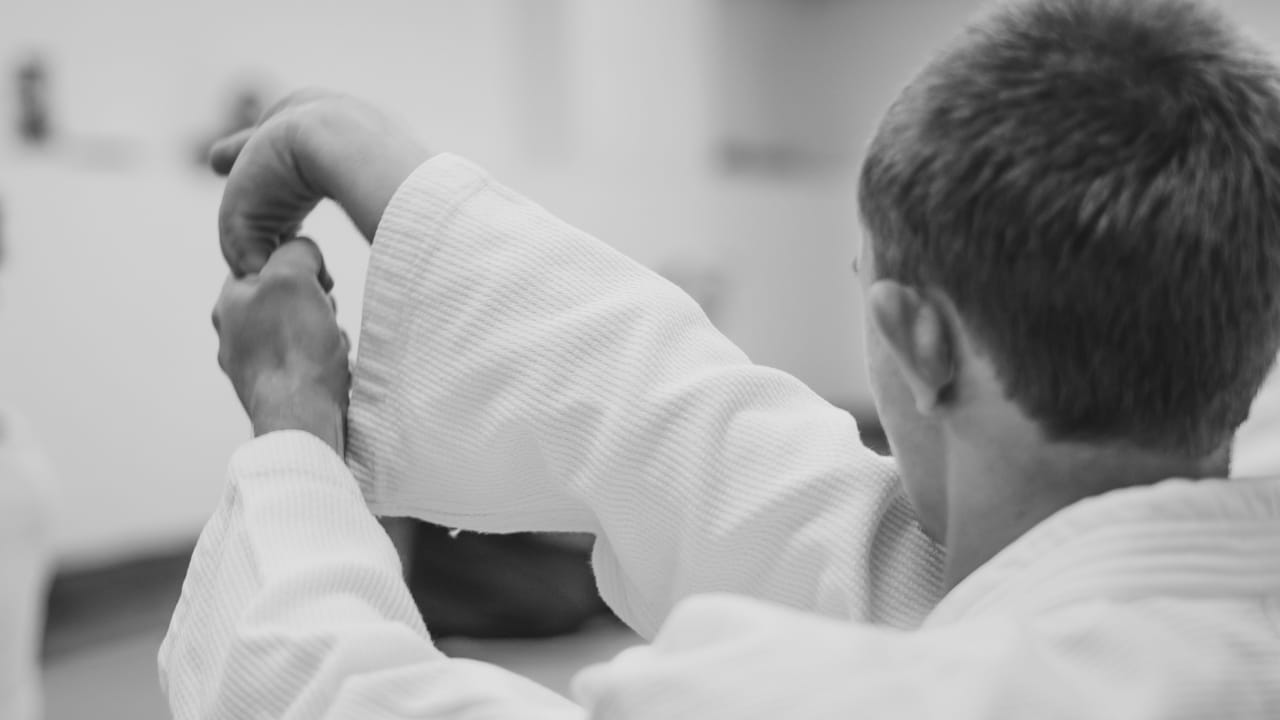
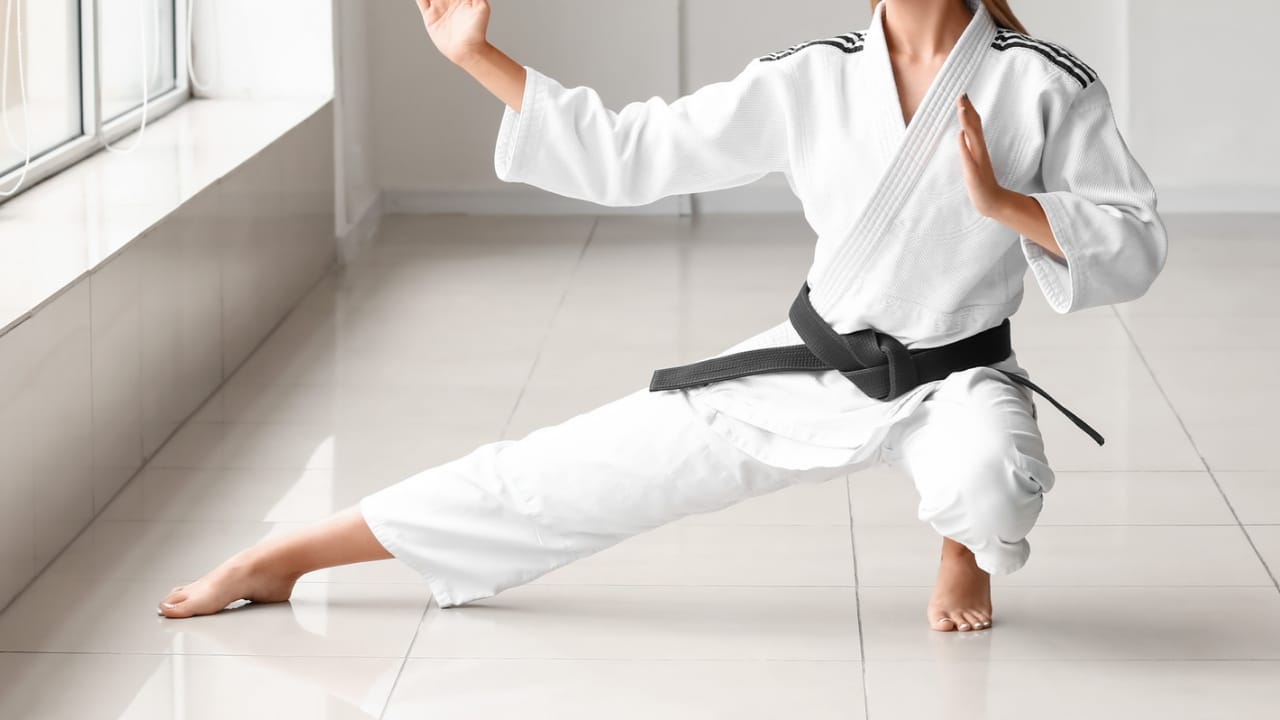
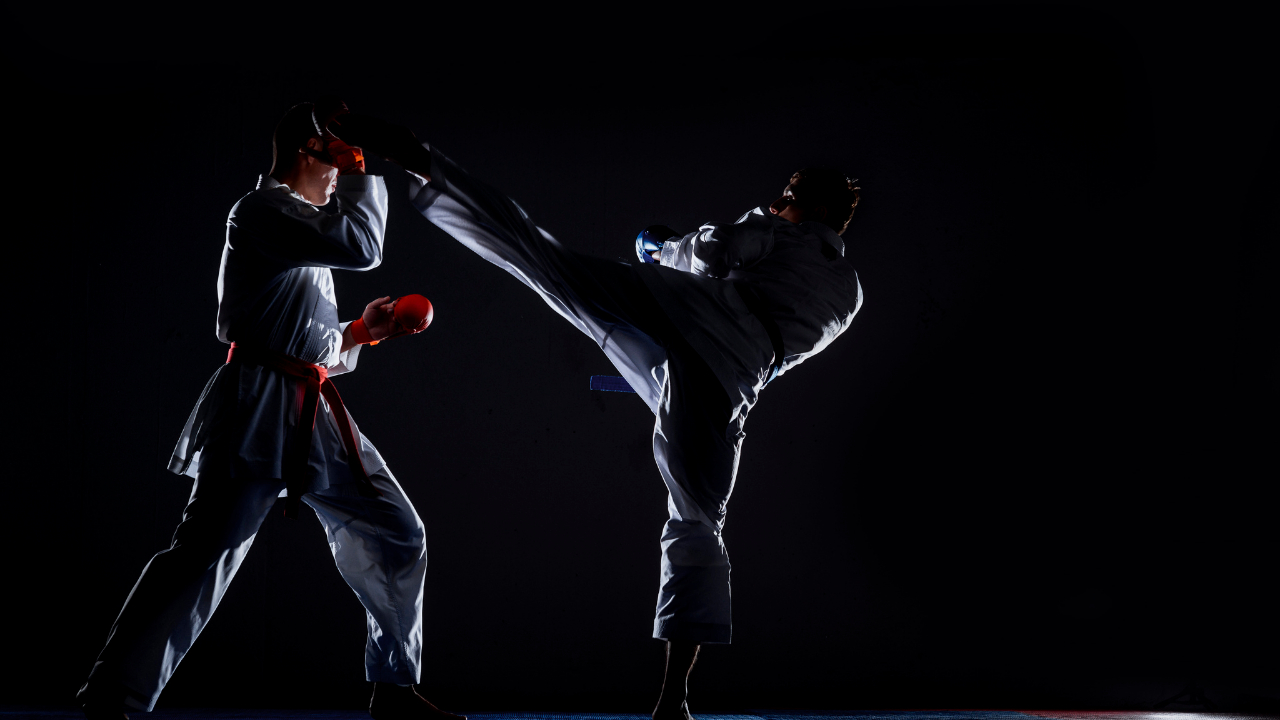
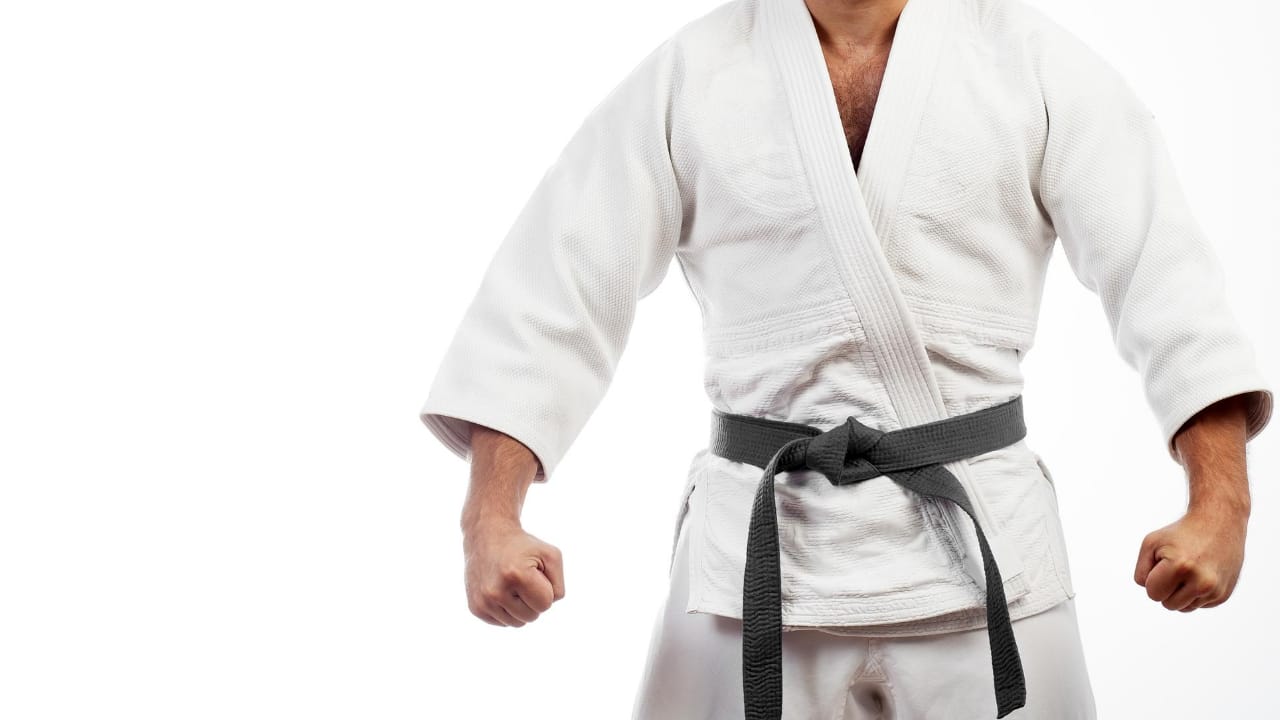
Moriarty et al 17 & Petrisor et al21 investigated BJJ-related injuries during training and competition. They found that injuries are common in BJJ. The studies revealed a high injury prevalence (9/10 competitors sustained at least one injury) 21 as well as a 6 month injury incidence rate (59.2%).
First, you're learning a valuable life skill that cannot be taken away. You will learn how to defend yourself and how to practice BJJ. You will build healthy habits that will positively affect and change every aspect of your life.
BJJ is a great way to stay healthy. It increases flexibility, strength, endurance, cardio, and helps you burn more calories than traditional gym sessions. 2) Self-Defense. BJJ is a simple, safe and effective way to defend yourself against an attacker. 3) Increases confidence